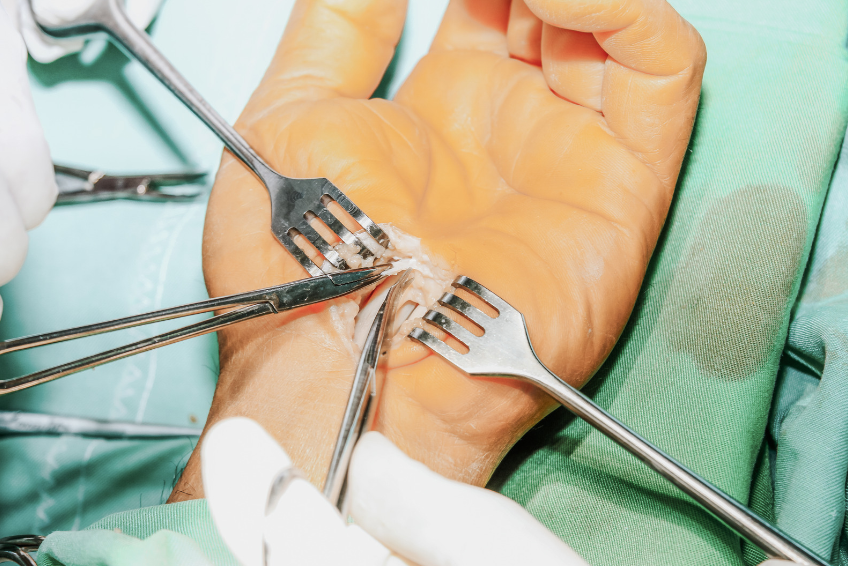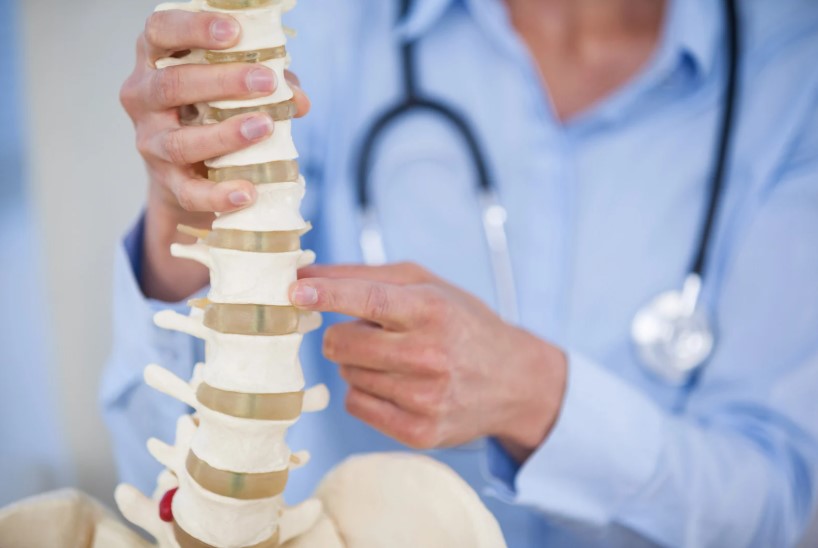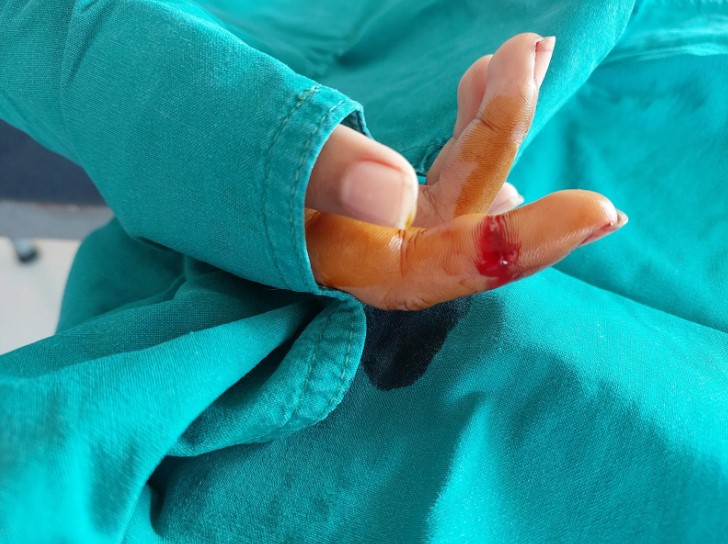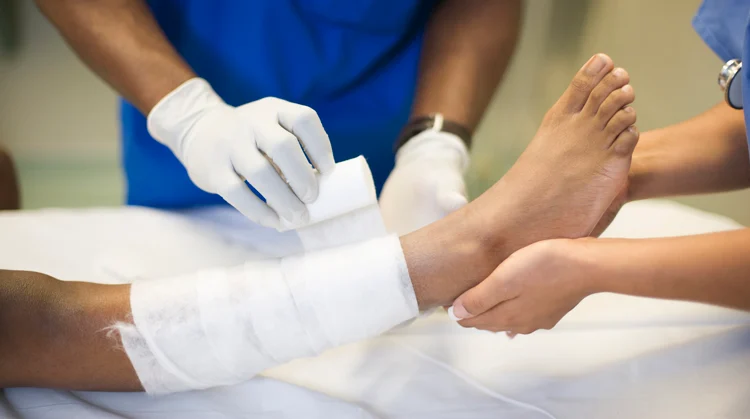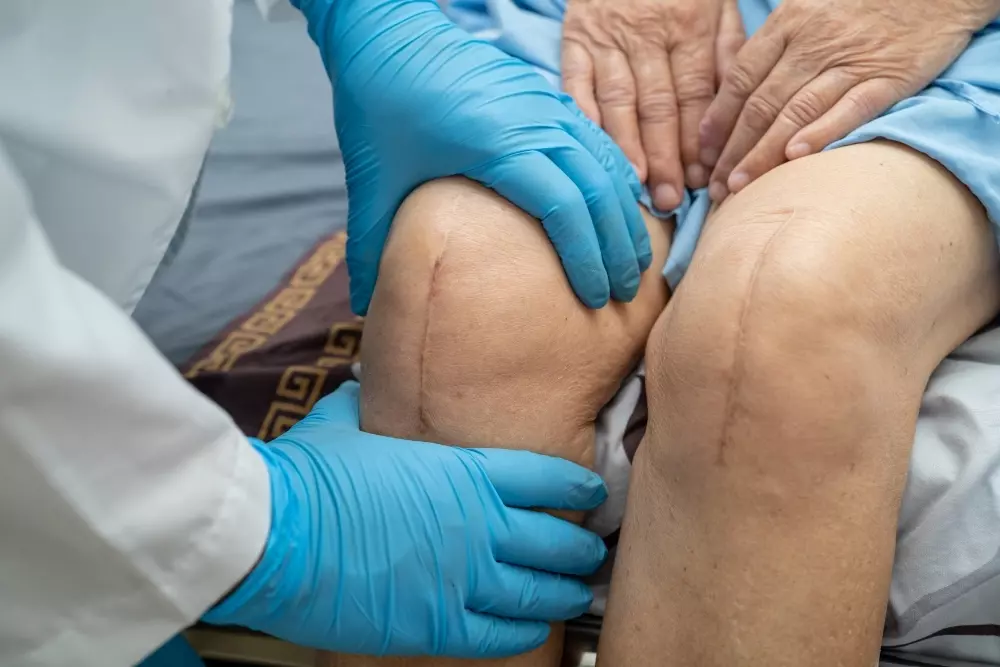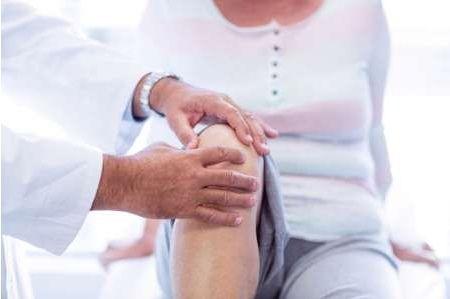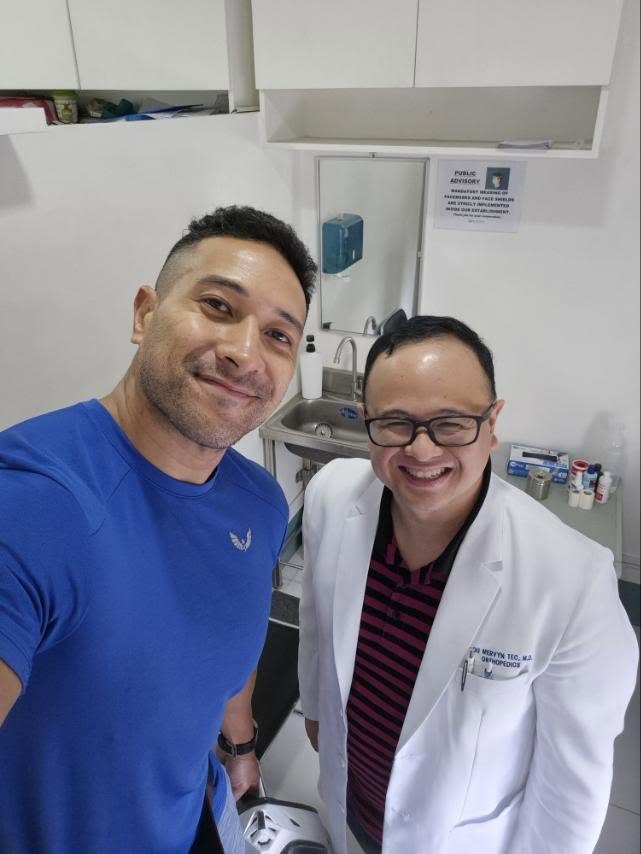Hand health is essential for everyday activities, and when something goes wrong with the hands, it can significantly affect a person’s quality of life. Common issues like Trigger Finger and tendon injuries are among the most frequent reasons people seek help from a hand surgery doctor. These conditions can cause pain, discomfort, and loss of mobility, making it essential to seek professional treatment. A hand surgery doctor specializes in diagnosing and treating these hand-related issues, offering solutions ranging from non-invasive treatments to surgical interventions. In this blog, we’ll explore how a hand surgery doctor can help you overcome these common hand problems, from Trigger Finger to tendon repairs.
Understanding Common Hand Issues
The hands are intricate structures, and various conditions can affect their functionality. Two of the most common problems treated by a hand surgery doctor are Trigger Finger and tendon injuries.
- Trigger Finger: This condition occurs when the tendon that controls finger movement becomes irritated, causing the finger to become locked in a bent position. Common symptoms include pain, stiffness, and a popping sensation when trying to straighten the finger. Understanding the causes of Trigger Finger is key, and a hand surgery doctor can help identify the root issue, whether it’s repetitive movement or underlying medical conditions.
- Tendon Injuries: Tendons are the connective tissues that allow movement in the hand. Injuries to these tendons, such as tears or strains, can impair hand function and cause significant pain. Tendon injuries are often a result of trauma, overuse, or degeneration. A hand surgery doctor can diagnose the extent of the injury and determine the best course of treatment.
In addition to Trigger Finger and tendon injuries, a hand surgery doctor also treats other common conditions such as Carpal Tunnel Syndrome and Dupuytren’s Contracture, ensuring that each patient receives the appropriate care for their specific needs.
How a Hand Surgery Doctor Diagnoses Hand Problems
Accurate diagnosis is the first step in treating hand conditions, and a hand surgery doctor has the expertise to identify a wide range of hand issues. The process typically begins with a detailed examination, where the hand surgery doctor will assess the symptoms and medical history. Diagnostic tools such as X-rays, MRIs, or ultrasound imaging may be used to evaluate the extent of the injury or condition.
For Trigger Finger, the hand surgery doctor will often check for tenderness in the finger and test its mobility. If the condition is suspected to be tendon-related, further imaging may be required to rule out other issues. For tendon injuries, the hand surgery doctor will carefully examine the tendons’ integrity, looking for tears or inflammation.
Early diagnosis by a hand surgery doctor is crucial because it can prevent the condition from worsening and leading to more severe complications, ultimately aiding in faster recovery.
Treatment Options for Trigger Finger
When it comes to Trigger Finger, the hand surgery doctor will first explore non-surgical treatment options. These can include rest, splinting, and anti-inflammatory medications to relieve pain and swelling. Physical therapy might also be recommended to improve flexibility and reduce stiffness in the affected finger.
If conservative treatments fail, surgical intervention may be necessary. The most common surgical procedure for Trigger Finger is the release surgery, where the surgeon makes a small incision to release the constricted tendon, allowing the finger to move freely again. After surgery, the hand surgery doctor will provide guidance on rehabilitation exercises to promote healing and restore hand function.
While Trigger Finger surgery has a high success rate, recovery time can vary depending on the individual. Your hand surgery doctor will provide specific instructions on post-surgery care to ensure the best possible outcome.
Tendon Repair and Treatment Options
Tendon injuries, if left untreated, can lead to long-term disability. A hand surgery doctor plays a vital role in diagnosing tendon tears, strains, or ruptures and determining the most effective treatment. Tendon repair is a delicate procedure, and the surgeon will choose between several methods depending on the severity and location of the injury.
- Tendon Grafting: If a tendon is severely damaged, a hand surgery doctor may perform a tendon graft, where healthy tendon tissue is harvested from another part of the body and used to repair the damaged tendon.
- Tendon Transfer: In cases where a tendon cannot be repaired, a tendon transfer might be performed. This involves relocating a healthy tendon to take over the function of the damaged one.
Rehabilitation is a crucial part of tendon repair. After surgery, a hand surgery doctor will guide you through a recovery process that may include physical therapy to restore strength and range of motion. The goal is to help patients regain full use of their hands as quickly and safely as possible.
When to See a Hand Surgery Doctor
Recognizing when to see a hand surgery doctor is essential for preventing further damage and improving outcomes. If you experience persistent pain, stiffness, or difficulty moving your fingers or hand, it’s time to consult with a hand surgery doctor. Other signs that you should seek medical attention include swelling, locking, or a feeling of weakness in the hand, as well as a lack of improvement with over-the-counter treatments.
The earlier you see a hand surgery doctor, the quicker you can begin treatment and potentially avoid the need for invasive surgery. Waiting too long can result in chronic pain and permanent damage to the tendons, joints, or ligaments in the hand.
The Benefits of Seeing a Hand Surgery Doctor for Treatment
Seeing a hand surgery doctor offers numerous benefits, especially when it comes to specialized care for hand-related conditions. Unlike general practitioners, a hand surgery doctor has extensive knowledge of hand anatomy and the latest treatment methods. Whether you’re dealing with Trigger Finger, tendon injuries, or another hand issue, a hand surgery doctor will tailor a treatment plan specific to your needs, ensuring the best possible outcome.
Additionally, hand surgery doctors have access to advanced technology and surgical techniques that can significantly reduce recovery times and improve the overall success of the treatment. With their expertise, you can be confident in receiving the highest quality care.
Takeaway
If you’re experiencing any issues with your hands, from Trigger Finger to tendon injuries, a hand surgery doctor is your best option for diagnosis and treatment. Whether you need non-surgical therapies or more advanced tendon repair, a hand surgery doctor can help restore function and alleviate pain. Early consultation is key to preventing long-term complications, so don’t hesitate to seek help.

